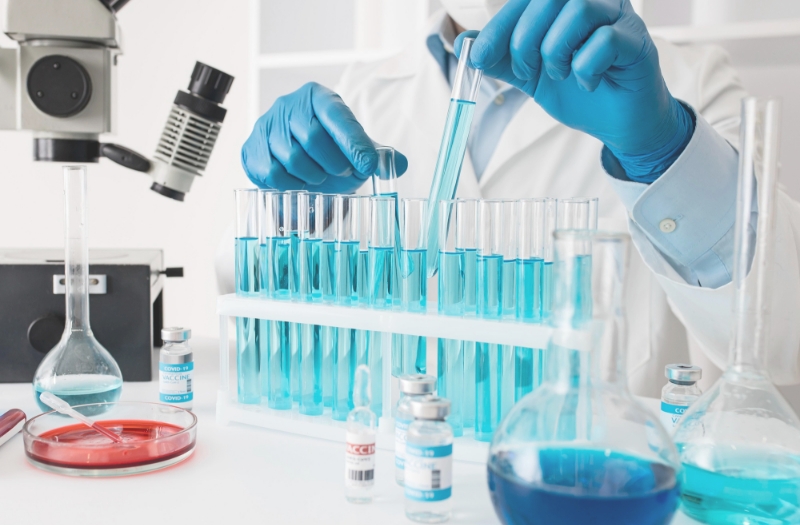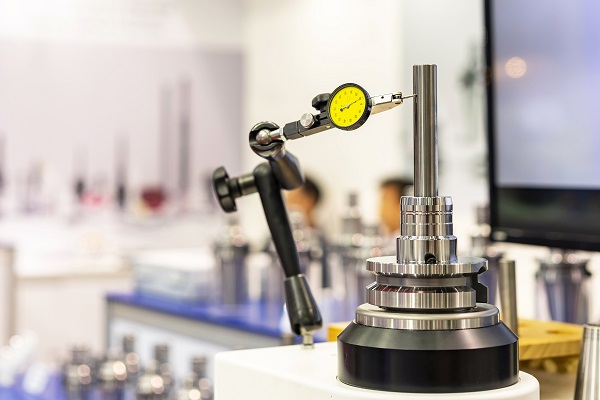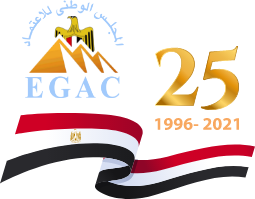With the steady rise of the kinds of products and services, which exceeded plurality ever, the presence of mechanism of consumer protection has become a necessity through the test, examination and inspection certificates for products in accordance with the recognized quality systems.
Accreditation, which ensures efficient quality systems in accordance with the requirements of international norms and standards to confirm confidence in the role of conformity assessment bodies (CABs) who grant certificates for systems and products as well as testing and calibration laboratories therefore come to rely on the head of the national system for the quality of the standards and quality surveillance and laboratories.
Accreditation provides confidence in the certificates and test reports by a set of standards internationally recognized by ISO and These standards assure on several principles which are credibility, competence and transparency that lead to confidence in the results and reports on national and international scale also accreditation supports government’s confidence in the tests and certificates to support it as a regulatory and supervisory.
According to ISO/IEC 17011, Accreditation is defined as attestation by a third party (EGAC) that CABs (Testing Laboratories / Calibration Laboratories / Inspection Bodies / Certification Bodies of Management Systems / Medical Testing Laboratories / Product Certification Bodies/ Technical Proficiency Testing Service Providers / Personal Certification Bodies/ Halal Certification Bodies/ Forensic Laboratories, Biobanks Laboratories ) is investigating specific requirements and they are of a technical and administrative efficiency of the performance of conformity assessment activities in accordance with specific criteria and the authority of EGAC is granted by the government.















